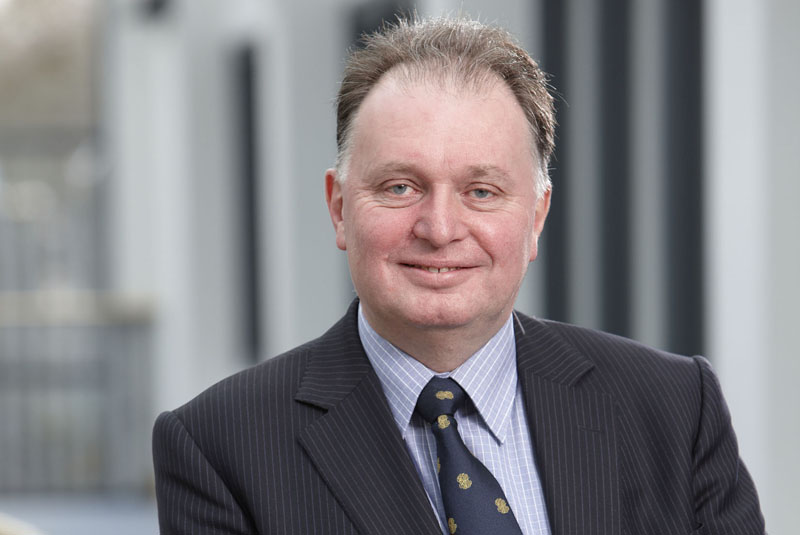
Greg Clark’s first major energy speech as the new Secretary of State for Business, Energy and Industrial Strategy, has been attacked for its ‘electricity fixation’.
The speech, which was delivered at the Energy UK Annual Conference, was used to outline the Government’s energy priorities, which include wind, solar energy, tidal power and nuclear, in the form of the new Hinckley Point Power Station.
However, the absence of a strategy for gas and heat from the Minister’s speech has sparked concern that the potential for gas technologies to reduce domestic carbon emissions are being overlooked.
Neil Schofield, Head of External Affairs at Worcester, Bosch Group, commented: “In nearly 2,500 words the Secretary of State used the word gas once and didn’t even mention heat at all. The entire speech is based on the argument that electricity is the magic bullet that can deliver the Government’s climate change commitments, a position that is fundamentally flawed.”
Mr Schofield says that the flaws in the Secretary of State’s argument revolve around the UK’s current energy usage patterns and the demands of the consumer. “Only seven per cent of the UK’s current domestic energy use is electricity, with 85 per cent being gas. Estimates suggest that we would need approximately 40 extra power stations, each the size of Hinckley Point, to support the amount of electricity required to replace gas heating systems. The electricity solution being promoted in the Secretary of State’s speech is simply unrealistic and a return to old-style thinking which we thought had reached its sell-by-date.”
In his speech, Mr Clark outlined a series of new technologies, including smart metering, electrical vehicles and electrical storage technology that, he claimed, would reduce carbon emissions and prices for consumers. “Nowhere, in his speech, did the Secretary of State mention the potential for biogas or hydrogen which, crucially, utilise the existing gas distribution network and deliver what the consumer wants, namely instantaneous heat and hot water,” says Mr Schofield.
Only recently, new reports by the think tank Policy Exchange and also the Committee on Climate Change, the Government’s own independent advisers, confirmed that the future was gas. “It is disturbing that just over a month after two new reports, one of which, by the Policy Exchange, was highly critical of government policy, the Secretary of State is still trotting out the same tired old solutions that are increasingly discredited and ultimately undeliverable.”
He concluded: “Only four months into his new role, the Secretary of State already appears to have been captured by the flawed thinking of his civil servants who remain fixated by electricity.”
For more information on Worcester, visit www.worcester-bosch.co.uk













